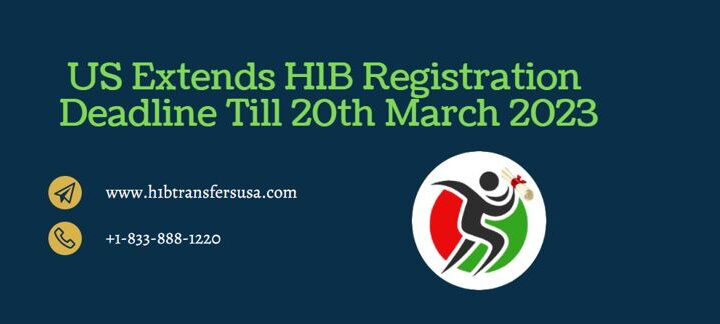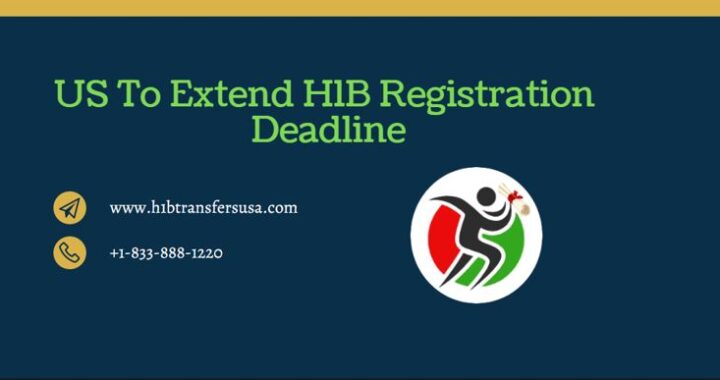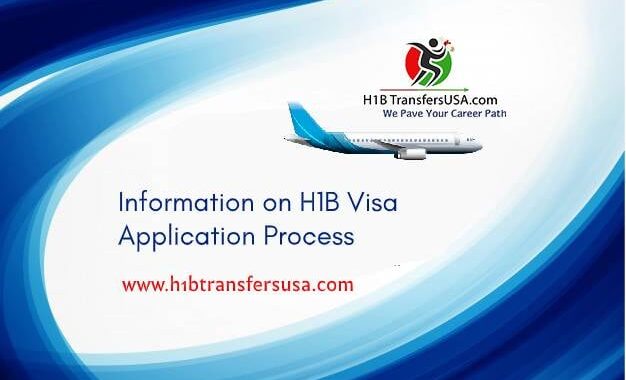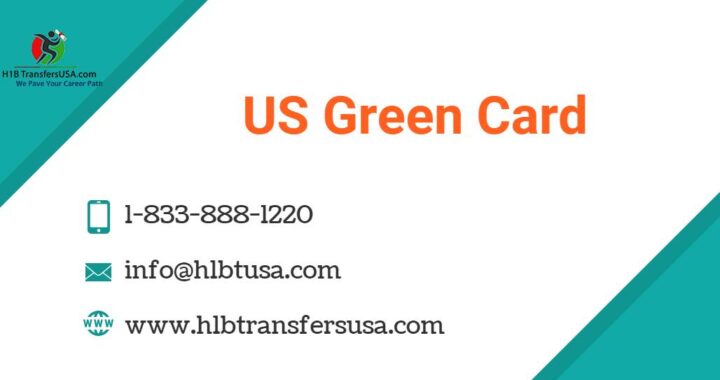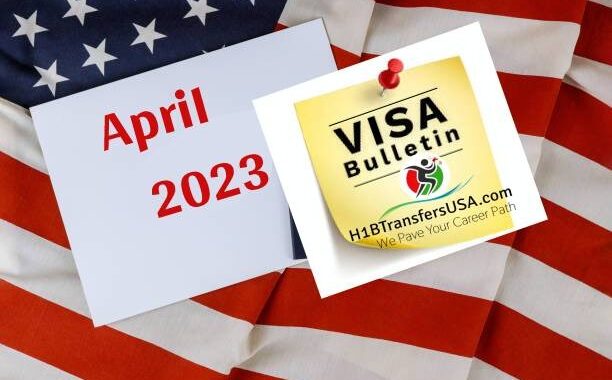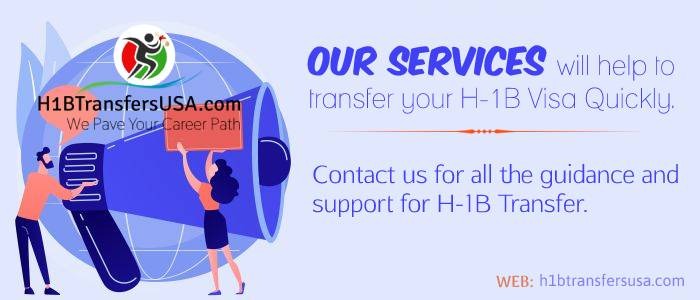Facebook to pay $14.25 million to settle claims it favored H1-B Visa Holders
2 min read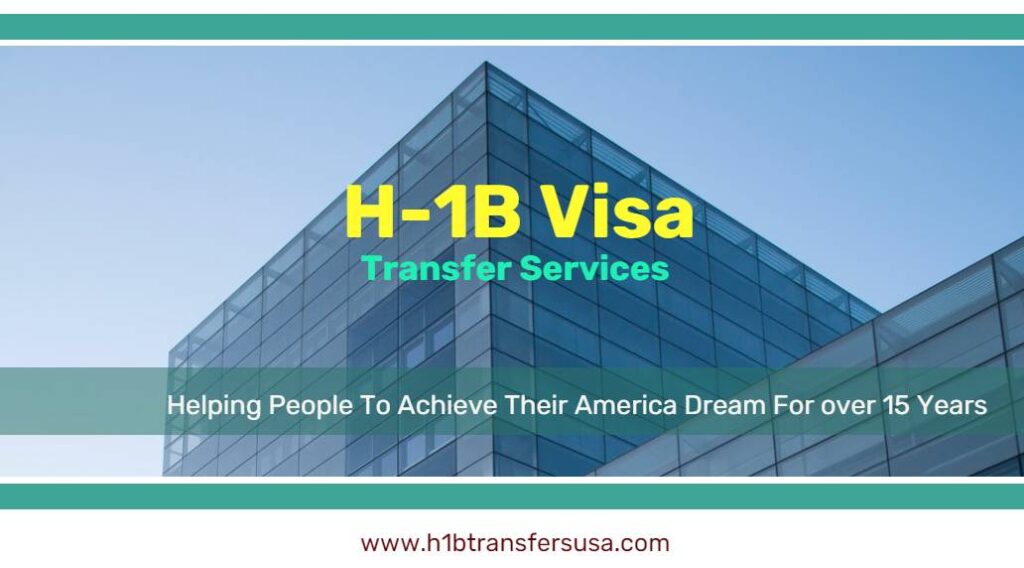
Facebook has agreed to pay up to $14.25 million to settle claims that it had favored H1B visa holders and other non-immigrant visa holders over US residents to fill high-paying jobs.
The United States Justice Department had in December last year sued the social media firm on the grounds that it had declined to “hire, consider or hire” qualified American workers for thousands of positions. Instead, it said those jobs had been given to foreign workers holding temporary work visas.
The Menlo Park, California-based organization is among the top candidates for the H-1B visa program and the Permanent Labor Certification Program (PERM). Where it sponsors green cards or permanent residency permits for employees.
The agreement with the Justice Department included payments of $4.75 million to the US government. And as much as $9.5 million to “eligible victims of Facebook’s alleged discrimination”, the Justice Department said in a statement.
Facebook agreed to pay $14.25 million to settle claims it favored H1B Visa Holders
According to the claim, Facebook refused to recruit, consider, or hire qualified and available US workers. For more than 2,600 positions that the firm rather reserved for temporary visa holders. The positions that were the subject of the alleged discrimination offered an average salary of roughly $156,000.
According to the lawsuit, which was based on the department’s almost two-year investigation. Moreover, Facebook purposefully created a hiring system in which it denied qualified US workers. A fair opportunity to learn about and all for jobs. Rather, these were channeled to employees who Facebook wanted to sponsor for green cards.
[Policy change to benefit children of H-1B visa holders in the US]
The organization said that the combined settlement is the largest ever collected by the agency’s civil rights division. For violations of the anti-discrimination provision in the Immigration and Nationality Act. Also, the organization independently settled concerns raised by the US Labor Department this year about whether it had violated labor regulations.
The claim was filed towards the finish of previous US President Donald Trump’s tenure. Who had taken action against the H-1B visa process, making it tougher in a bid to secure jobs for US workers? Most tech organizations had voiced their interests that this was affecting their ability to do business. Also, given the lack of high-skilled tech talent available domestically.

